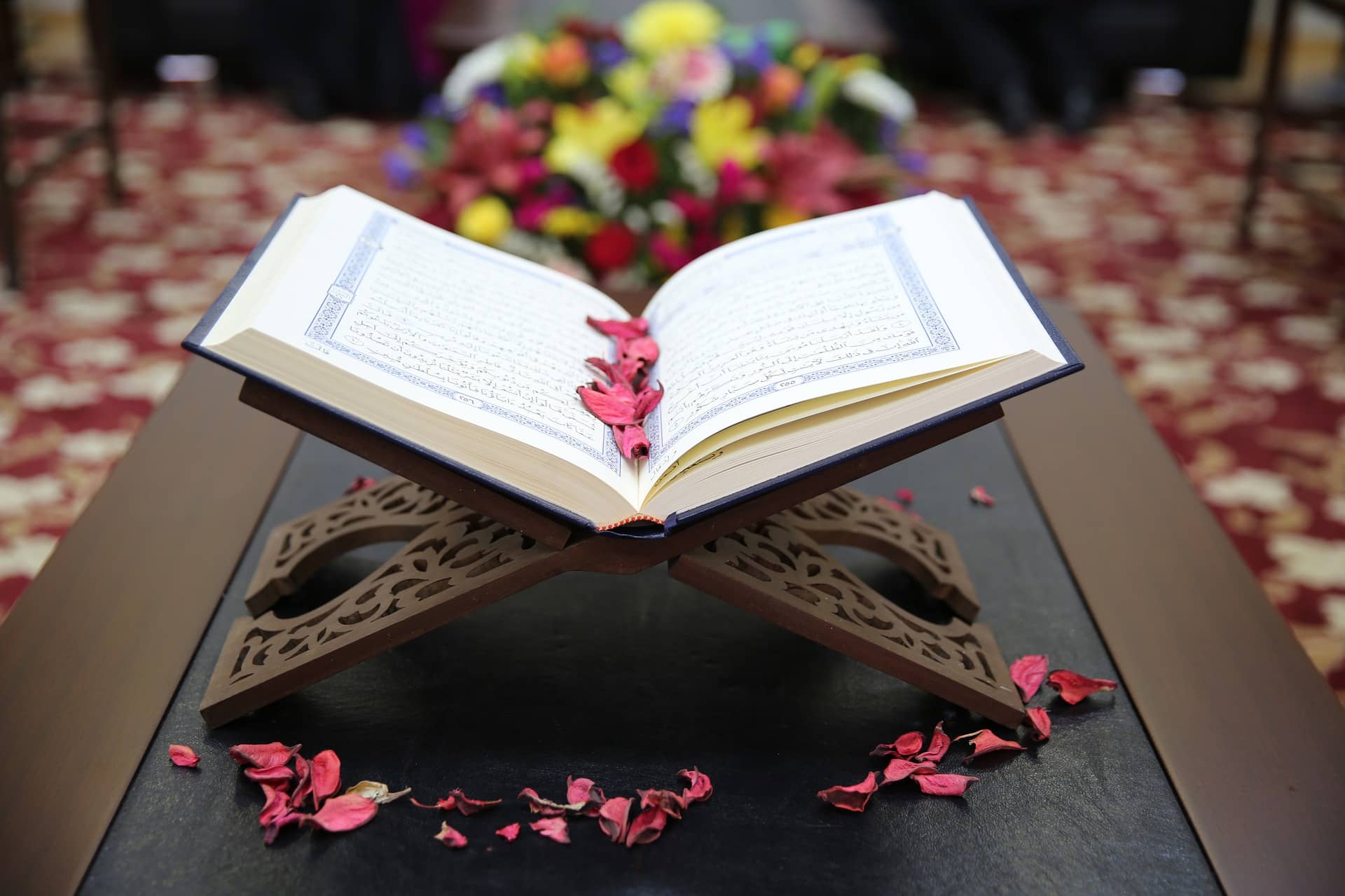What makes Palestinian children risk their lives by challenging Israeli snipers and helicopter gunships? Why does a seemingly simple visit to Islamic holy sites in Jerusalem by a right-wing Israeli politician spark such outrage?
To answer that question, we must first look at the relationship Muslims have to the city of Jerusalem and to al-Aqsa Mosque, the centerpiece of Haram al-Sharif, or "Noble Sanctuary," containing that mosque and the Dome of the Rock.
Jerusalem is Islam's third holiest city, after Mecca and Medinah in the Arabian Peninsula. It was home to many prophets of Islam, including David, Solomon, and Jesus.
The Qur'an, Islam's revealed text, states: "Glorified be He [God] who took his servant [Muhammad] for a journey by night from al-Masjid al-Haram [in Mecca] to al-Masjid al-Aqsa [in Jerusalem], whose precincts we have blessed...." (Masjid is the Arabic word for "mosque.")
The night journey referred to in this verse is that of the Prophet Muhammad from Mecca to Jerusalem, and from the rock now located in the Dome of the Rock, to heaven. This event, known as "al-Isra wa al-Miraj," is noted each year by more than 1 billion Muslims worldwide.
The city is also mentioned in Islamic traditions. One of these "hadith" (deeds and utterances of the Prophet Muhammad recorded by his companions) states that prayers in al-Aqsa Mosque are multiplied 500 times. Another companion of the Prophet reported: "Once I asked Prophet Muhammad (pbuh) what was the first mosque established on earth; he said Al-Masjid Al-Haram. Then I asked him: Then which mosque? He replied: Al-Masjid Al-Aqsa...."
Jerusalem was Islam's first "Qibla," or direction to which Muslims turned in prayer. The very walls of the Old City, of which the Israeli tourist board is so proud, were built by Muslims. Throughout centuries of Islamic rule prior to the rise of Zionism, Jewish and Christian holy sites remained untouched, something that cannot be said about Christian and Muslim sites under Israeli rule.
Muslims only have to recall the 1969 arson attack on al-Aqsa mosque, the foiled attempt to blow up the Dome of the Rock, or the shooting deaths of 17 Palestinians who challenged Jewish extremists when they sought to lay a Temple "cornerstone" at the holy sites. In September 1996, similar clashes erupted following the opening of an Israeli tunnel near al-Aqsa Mosque. More than 50 Palestinians were killed.
Muslim and Christian Palestinians are routinely barred by Israel from religious sites in Jerusalem. They experience apartheid-like policies such as: forced expulsions, home demolitions, land confiscation, massacres, discrimination, humiliation, harassment, torture, ethnic segregation, and denial of basic human and religious liberties. The Christian population of Jerusalem drops daily.
After examining the Muslim attachment to Jerusalem, we must next explore why the visit of Ariel Sharon to Haram al-Sharif would inevitably provoke a Palestinian response.
In October of 1953, Sharon led a force of Israeli commandos who blew up 42 houses in the West Bank village of Kibye. Sixty-nine civilians, including women and children, were killed.
On learning of the scale of the massacre, the Israeli government claimed the raid was carried out not by its soldiers but by Israeli settlers who were angry over attacks by Palestinian guerillas.
In 1982, as Israeli troops commanded by Ariel Sharon surrounded the Palestinian refugee camps of Sabra and Shatila near Beirut, Maronite Christian militiamen went from house to house. The killing lasted for three days. At night, Israeli troops provided illuminating flares so the militiamen could see what they were doing.
The testimony of survivors reads like those who witnessed the butchery of the Nazis in Eastern Europe. Houses were bulldozed. Groups of men, with their hands and feet bound, were shot. No one knows how many people were killed. The estimates run from 800 to 2,000. Their unmarked graves became a soccer field.
Nouhad Merei was holding her 1-year-old sister Shadia, when a militiaman shot the baby in the head. "Shadia's brain spilled onto my shoulder. She fell and crawled toward my mother crying, 'Mama, Mama.' He shot her again," said Nouhad (The Washington Post, 9/16/82).
Knowing these facts, it is perhaps easier to understand the depth of attachment that Palestinian Muslims and Christians feel for Jerusalem as well as the depth of their disgust for Ariel Sharon and the suffering he and his kind have caused.

